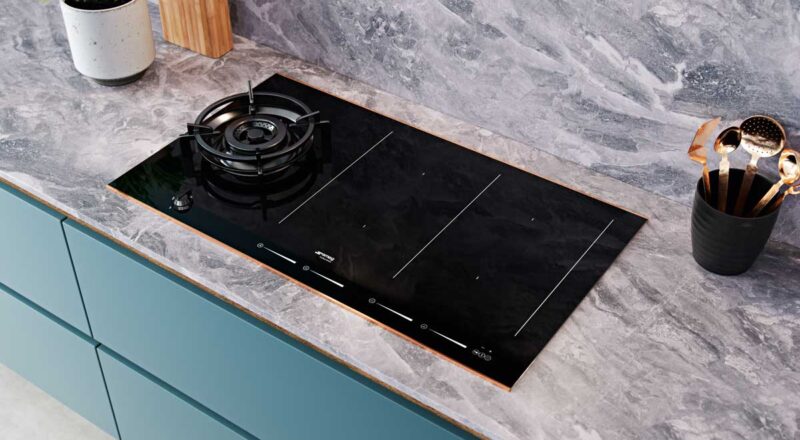
Introduction to Cast Iron Storage
Properly storing seasoned cast iron is crucial to maintaining its longevity and performance. For kitchen professionals and enthusiasts alike, understanding the nuances of cast iron care ensures that these versatile kitchen tools remain in excellent condition for years. This article provides valuable insights into the best practices for storing your seasoned cast iron, helping you get the most out of your cookware.
Why Proper Storage is Important
The importance of storing seasoned cast iron properly cannot be overstated. Incorrect storage can lead to rust, reduced non-stick properties, and even damage to the iron itself. By adopting the right storage techniques, you preserve the seasoning layer, which is essential for optimal cooking performance.
The Role of Seasoning in Cast Iron
Seasoning is a layer of polymerized fat that gives cast iron its non-stick properties and protects it from rust. This layer is developed over time through regular use and proper care. Storing seasoned cast iron properly helps maintain this critical layer, ensuring a smooth cooking experience.
Best Practices for Storing Cast Iron
Keep It Dry
Moisture is the primary enemy of cast iron. After washing, make sure to dry your cookware thoroughly. Any leftover water can lead to rust. Consider placing it on a low heat on the stove to evaporate any remaining moisture.
Use a Paper Towel or Cloth
Place a paper towel or cloth between stacked pans to absorb any moisture and prevent scratches. This simple step adds an extra layer of protection when storing multiple pieces of cast iron cookware.
Avoid Stacking When Possible
While it might be tempting to stack your cookware to save space, it can lead to scratches and damage to the seasoning. If you must stack, ensure there is a protective layer, like a cloth, between each piece.
Store in a Cool, Dry Place
Choose a storage space that is cool and dry. Avoid areas that are prone to humidity, such as near a dishwasher or sink. A dry environment helps prevent rust and degradation of the seasoning.
Common Mistakes in Cast Iron Storage
Leaving Food Residue
Always clean your cast iron thoroughly before storing it. Leaving food residue can lead to odors and attract pests. It can also degrade the seasoning over time.
Not Drying Properly
As mentioned earlier, moisture is detrimental to cast iron. Ensure your cookware is completely dry before storing it. A few extra minutes of care can prevent rust and prolong the life of your cookware.
Ignoring Regular Maintenance
Regularly inspect your cast iron for any signs of rust or damage. Addressing these issues promptly can prevent further deterioration. Keep your cookware seasoned by applying a light coat of oil after each use.
Enhancing Longevity of Cast Iron
To ensure your cast iron remains in top condition, follow these steps and integrate them into your routine. For instance, if you’re using your cookware on an induction cooktop, ensure it’s heating evenly to preserve the seasoning. Learn more about uneven heating issues and how to resolve them.
Additional Resources
If you are curious about how cast iron interacts with modern cooking technology, check out how induction cooktops work and their compatibility with cast iron.

FAQs
How often should I re-season my cast iron?
It’s advisable to re-season your cast iron every few months or whenever you notice the non-stick properties diminishing.
Can I use soap on cast iron?
Yes, mild soap can be used occasionally, but ensure the cast iron is thoroughly rinsed and dried immediately to prevent rust.
Why is my cast iron sticky?
Sticky residue often results from applying too much oil during seasoning. Wipe off excess oil before heating, and ensure it’s heated to the correct temperature.
This article contains affiliate links. We may earn a commission at no extra cost to you.

